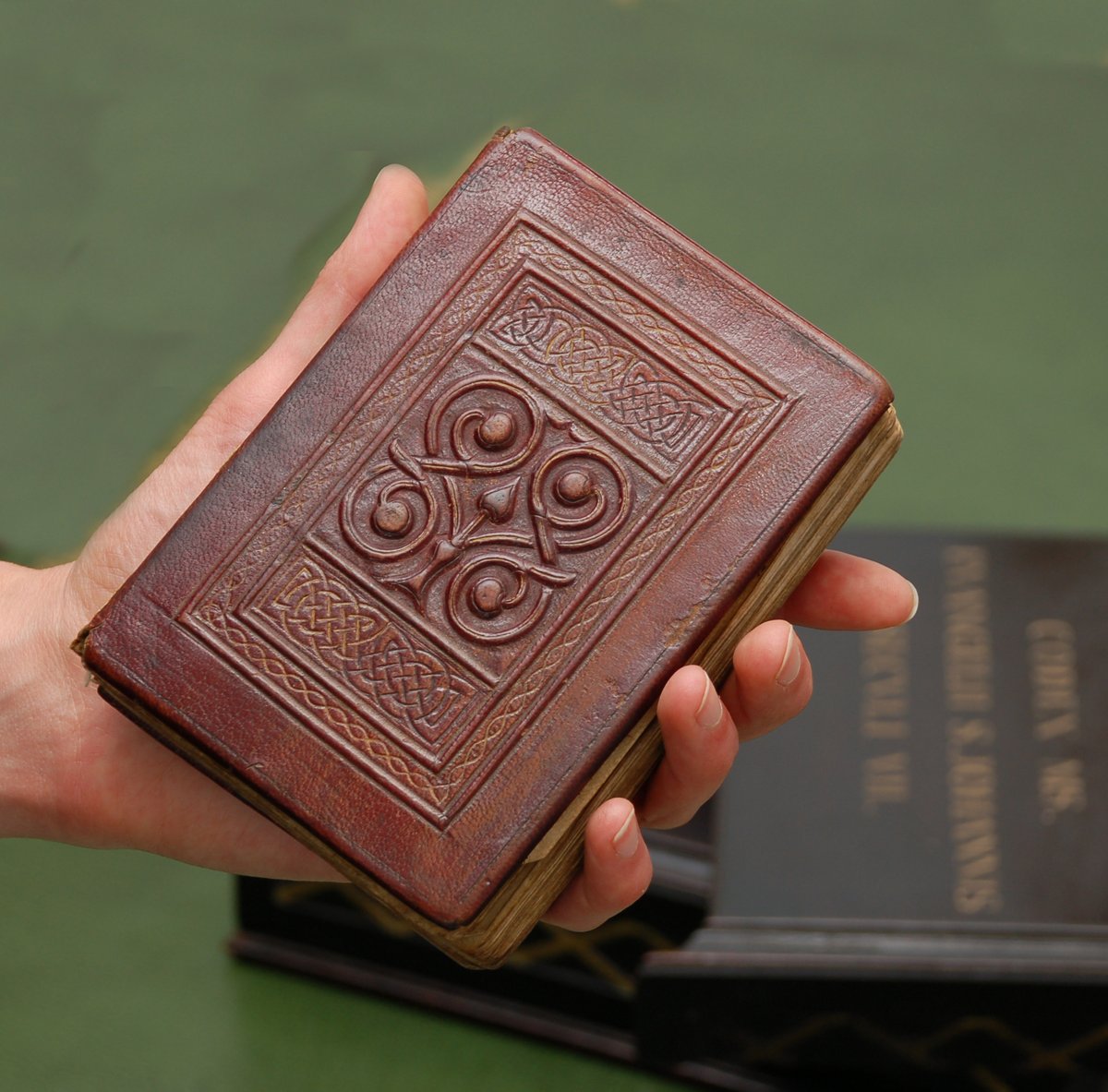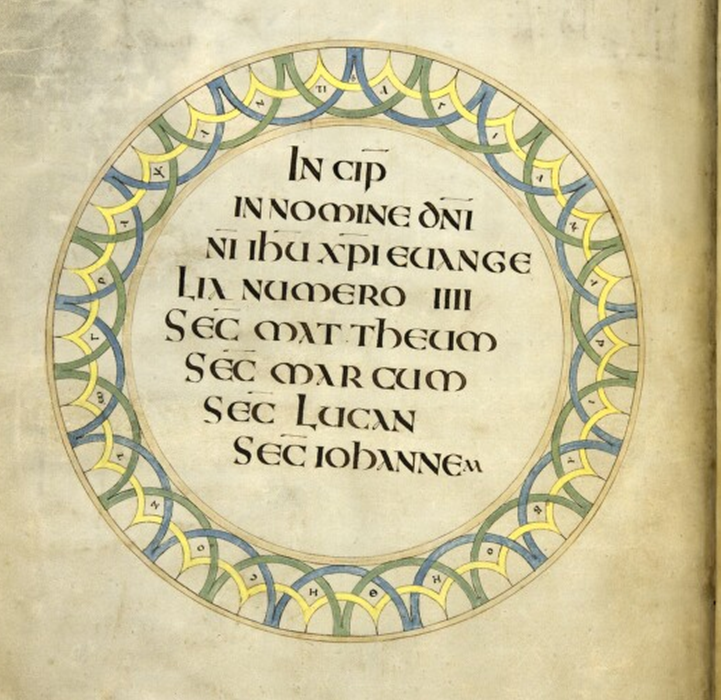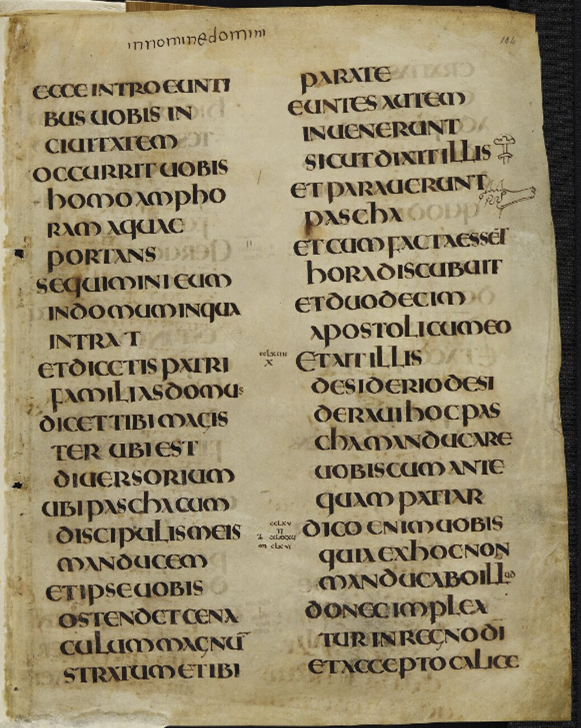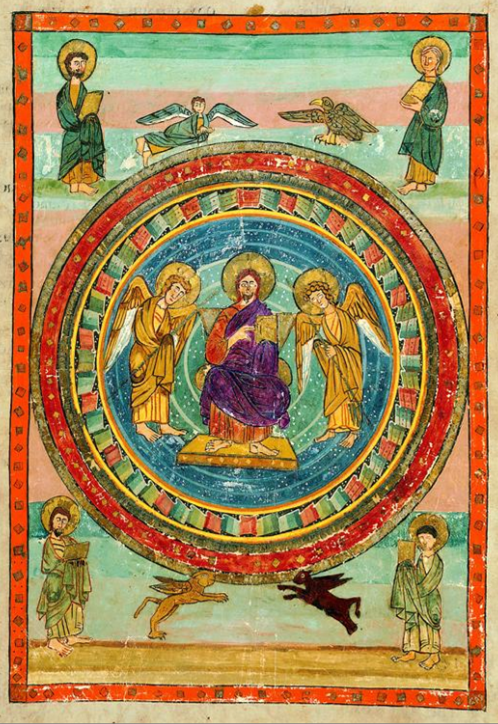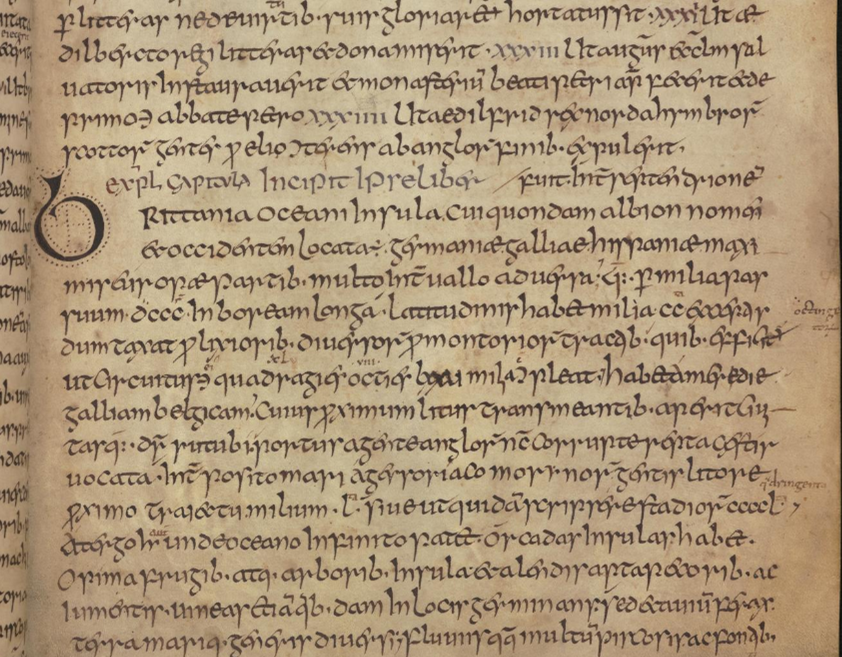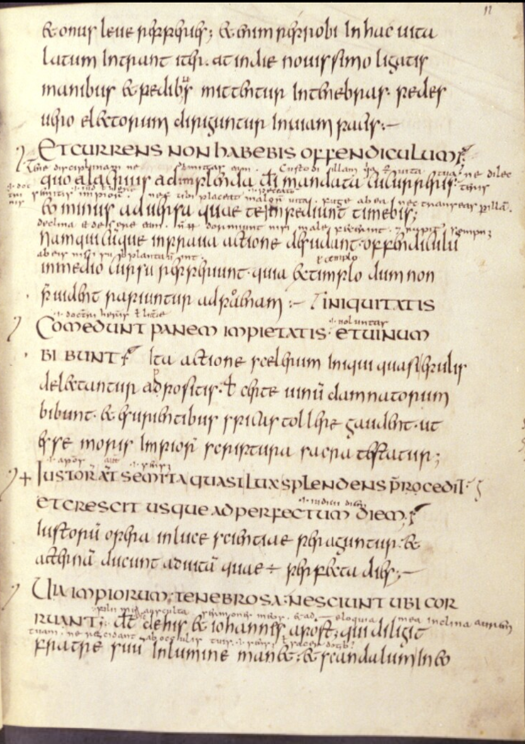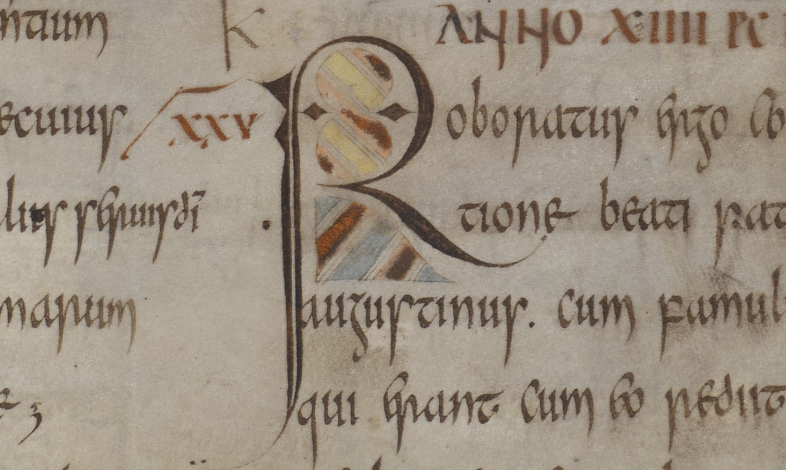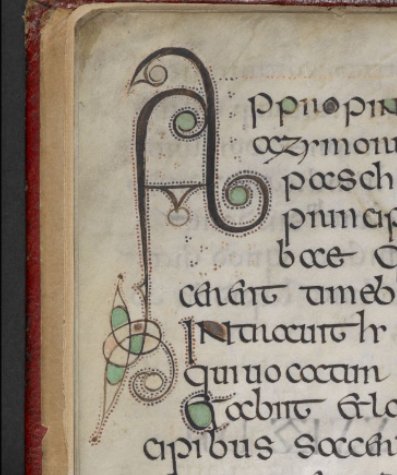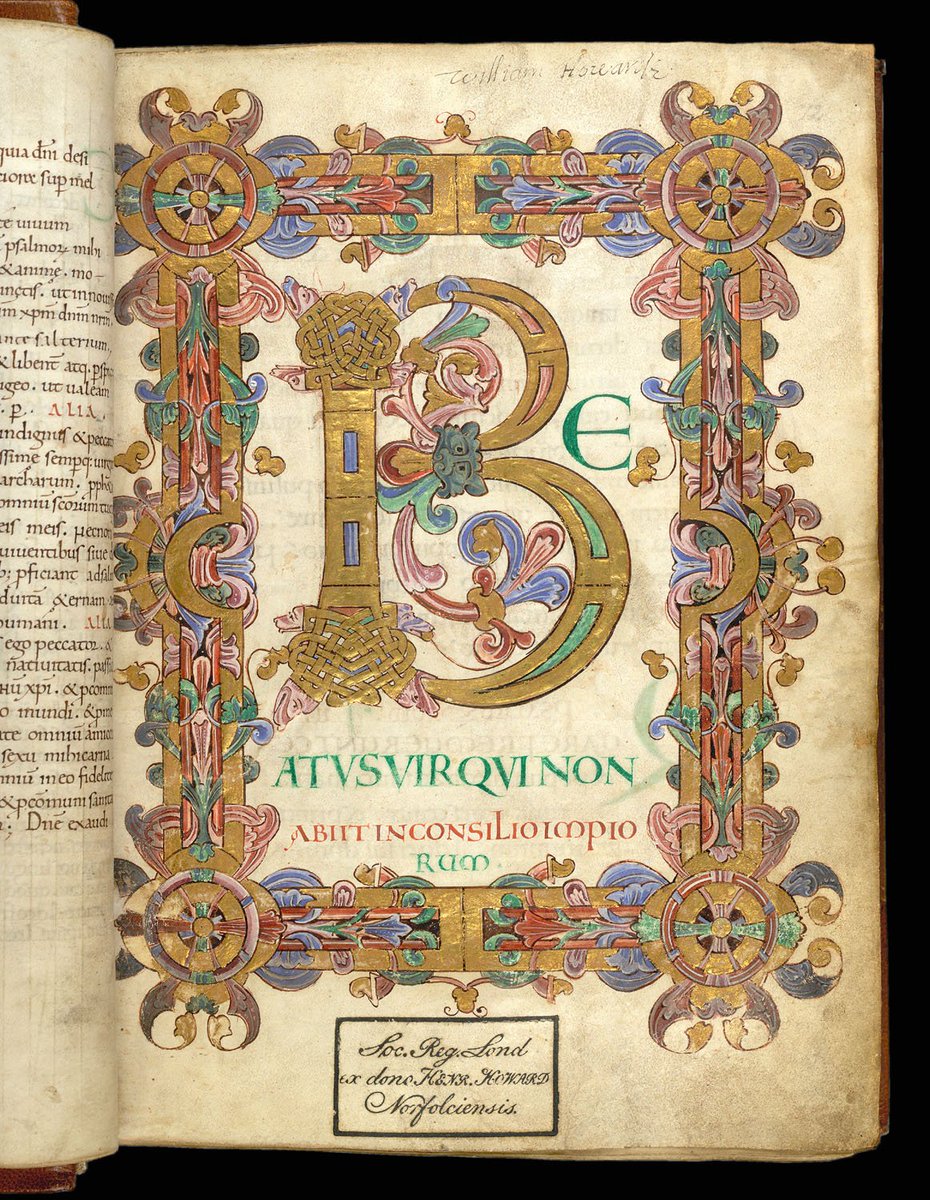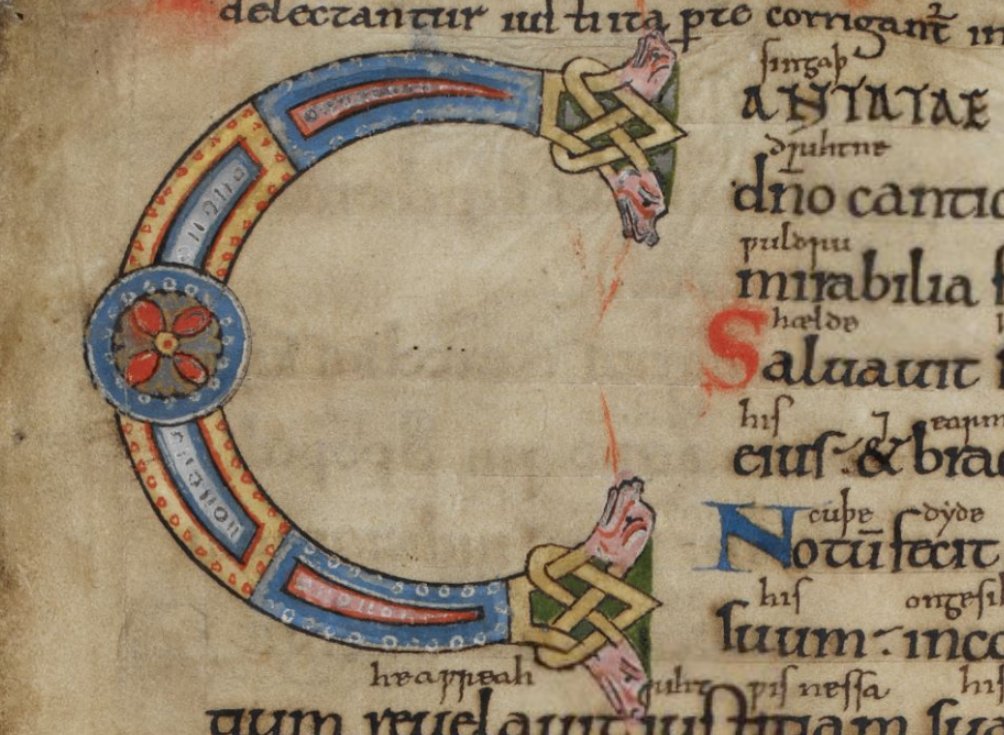Some #medieval English kings' consecrations were multilingual, too. This 1000-year-old Old English oath claims it's "letter-for-letter what Archbishop Dunstan [d. 988] gave our lord at Kingston the day he was consecrated king." bl.uk/collection-ite… 

The king promised:
1. The Church of God and all the people would have true peace.
2. He would forbid acts of robbery and other bad things.
3. He would uphold justice and mercy.
This has been translated and analyzed by Mary Clayton: jstor.org/stable/4451097…

1. The Church of God and all the people would have true peace.
2. He would forbid acts of robbery and other bad things.
3. He would uphold justice and mercy.
This has been translated and analyzed by Mary Clayton: jstor.org/stable/4451097…
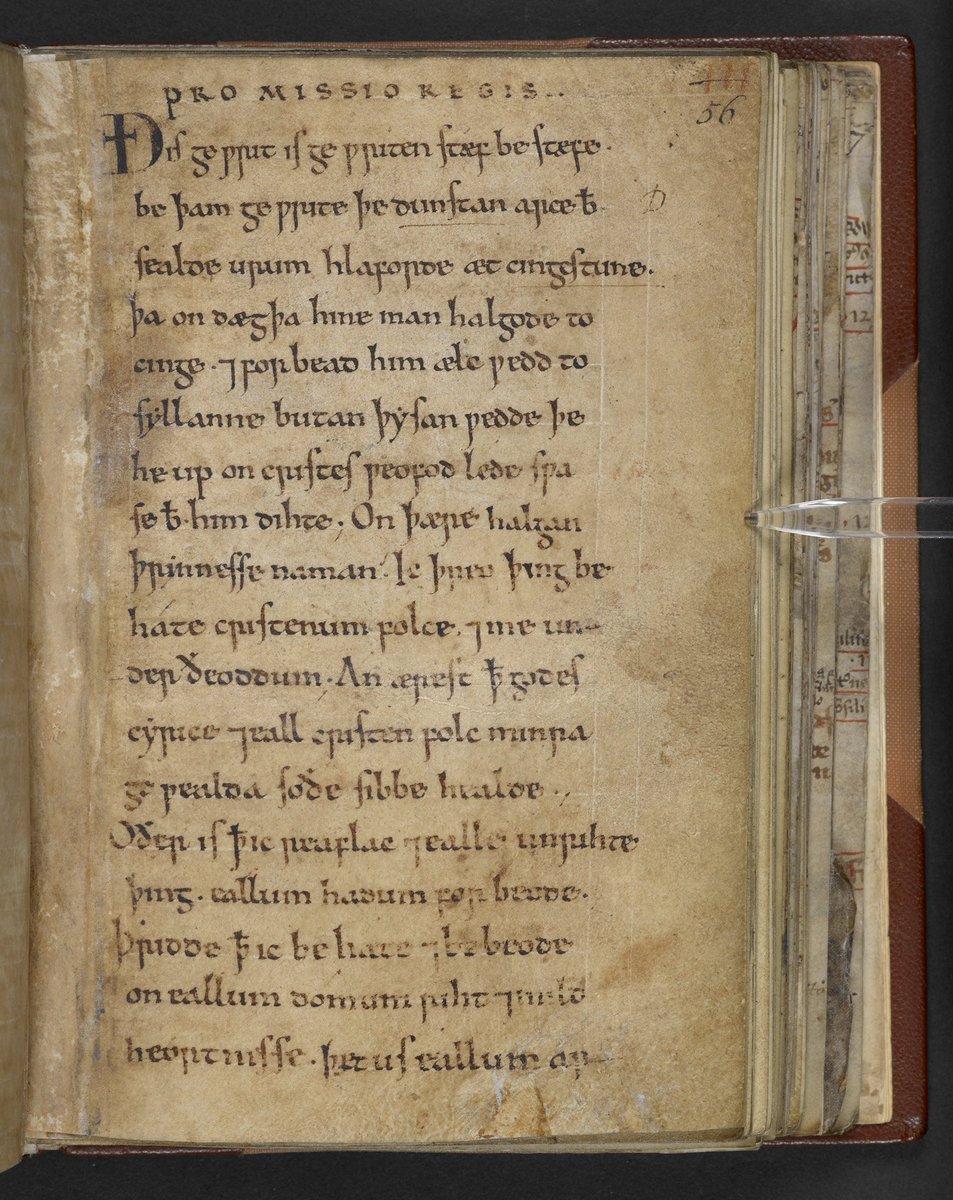

The following text (prob added by Wulfstan d. 1023), further specifies that the king should condemn no one; protect widows, orphans, foreigners; prevent theft, adultery, incest, witches (wiccan), etc; feed the needy; have old and wise counsellors.
bl.uk/manuscripts/Vi…
bl.uk/manuscripts/Vi…

Meanwhile, a Latin liturgy for a pre-Conquest coronation appears in the Anderson Pontifical, which was rediscovered in a Scottish stable in 1970. (The manuscript looks pretty good for a 1000-year-old, under the circumstances.)
bl.uk/manuscripts/Fu…
bl.uk/manuscripts/Fu…
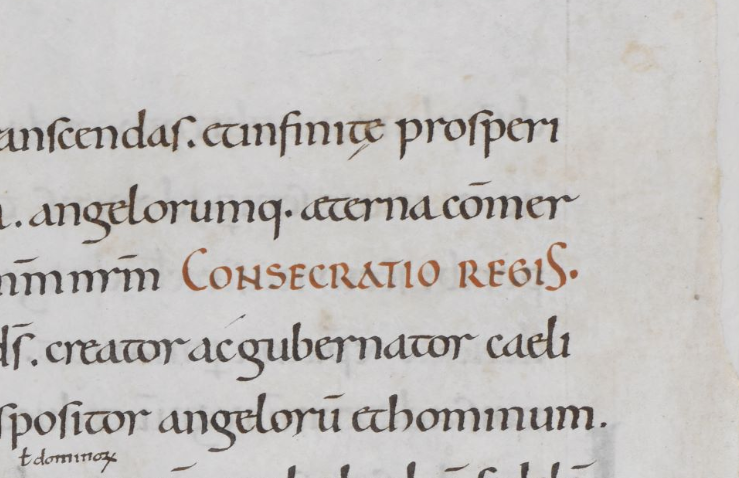
The liturgy contains many of the same elements that we saw in today's #Coronation , although in a different order: oil, ring💍, sword⚔️, crown 👑, sceptre, rod... "Zadok the Priest" was sung then, too blogs.bl.uk/digitisedmanus… 







The Anderson Pontifical also had instructions for crowning a queen. (This manuscript may have been made at Canterbury c. 1023, although some argue it dates back to Archbishop Æthelgar's day (988-990).
bl.uk/manuscripts/Vi…
bl.uk/manuscripts/Vi…

The Kyrie (or other Greek text) is not explicitly mentioned in accounts of early English coronations (like Byrhtferth of Ramsey's Life of St Oswald), but the Anderson Pontifical has the Kyrie on the 2nd surviving page plus this handy Greek alphabet: bl.uk/manuscripts/Vi… 

• • •
Missing some Tweet in this thread? You can try to
force a refresh


